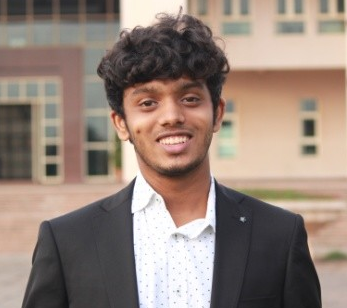
|
|
|
I am a graduate student at The University of Texas at Austin where I'm pursuing my master's in Computer Science. I work with Dr. Joydeep Ghosh at the IDEAL Lab on trustworthy AI. I am mainly interested in tying together artificial intelligence with human-computer interaction and cognition to aid and support healthcare and other social causes. Prior to joining grad school, I had a great time at BITS Pilani, Goa where I majored in Computer Science and Physics. Previously, I've worked with Dr. Franco Nori's Theoretical Quantum Physics Lab on some exciting problems in the intersection of quantum computing and combinatorial optimisation. I wrote my senior thesis with the Fluid Interfaces Group at the MIT Media Lab supervised by Prof. Pattie Maes. I've interned at Goldman Sachs as a summer analyst in their Loans Servicing team. I was also a student researcher at the APP Centre for Artificial Intelligence Research guided by Prof. Ashwin Srinivasan where we collaborated with Dr. Lovekesh Vig at TCS Research and Innovation Labs on using deep learning for medical imaging. Feel free to check out my CV and drop me an e-mail if you want to chat with me! ~ Email | CV | Resume | Google Scholar | Github | LinkedIn | Twitter ~ |
|
Apr '21 |
I was a junior chair in the Multimodal and Representation Learning in Healthcare research roundtable at the ML4H Symposium 2021! Check out the slides here! |
|
Apr '21 |
Paper accepted at UDL workshop, ICML '21! Check out the preprint here! |
|
Apr '21 |
Paper accepted at IJCNN '21! Check out the preprint and my presentation! |
|
Feb '21 |
I will be serving on the Program Committee for the AI for Public Health Workshop at ICLR '21! |
|
Jan '21 |
We won an Honorable Mention in the YRS Track at CODS-Comad 2021! Check out the slides and the paper. |
|
Nov '20 |
Paper accepted in the Student Abstract Program at AAAI 2021. Check out the preprint and the poster! |
|
Nov '20 |
I won the Ingenuity Challenge organized by the University of Adelaide in collaboration with the CAISS 2020! |
|
Oct '20 |
Our extended abstract got accepted at ML4H, NeurIPS 2020. Check out the preprint here! |
|
Oct '20 |
Our team Wind Watchers were placed in the bronze category of the Shell AI Hackathon! |
|
Oct '20 |
Our extended abstract on Network Community Analysis is accepted to the YRS track CODS-COMAD 2021! |
|
Aug '20 |
Our paper on the detection of COVID-19 from chest X-rays accepted to the TIA Workshop at MICCAI 2020! |
|
Aug '20 |
Selected for the first ever Google AI Summer School - AI4SG & HCI track! |
|
Aug '20 |
Received a pre-placement offer from Goldman Sachs to join full time! |
|
Aug '20 |
Our paper on knowledge transfer in lesion accepted to the MIL3ID Workshop at MICCAI 2020! [preprint] |
|
July '20 |
Runner-up in the Goldman Sachs Intern Coding Challenge! |
|
June '20 |
Started working on my senior thesis at MIT Media Lab! |
|
May '20 |
Started working with Goldman Sachs as a summer analyst. |
|
Mar '20 |
Awarded an IPA position to work with Dr. Franco Nori at the Theoretical Quantum Physics Laboratory, RIKEN. |
|
Mar '20 |
Paper on sleep apnea detection accepted as a full paper at ICISP '20. Check it out here! |
|
Jan '20 |
Started at APPCAIR as a student researcher. |
|
July '19 |
Attended my first ever academic conference - CASCA 2019, Montreal! |
|
Jan '19 |
Selected for the MITACS Globalink Research Internship for summer 2019! |
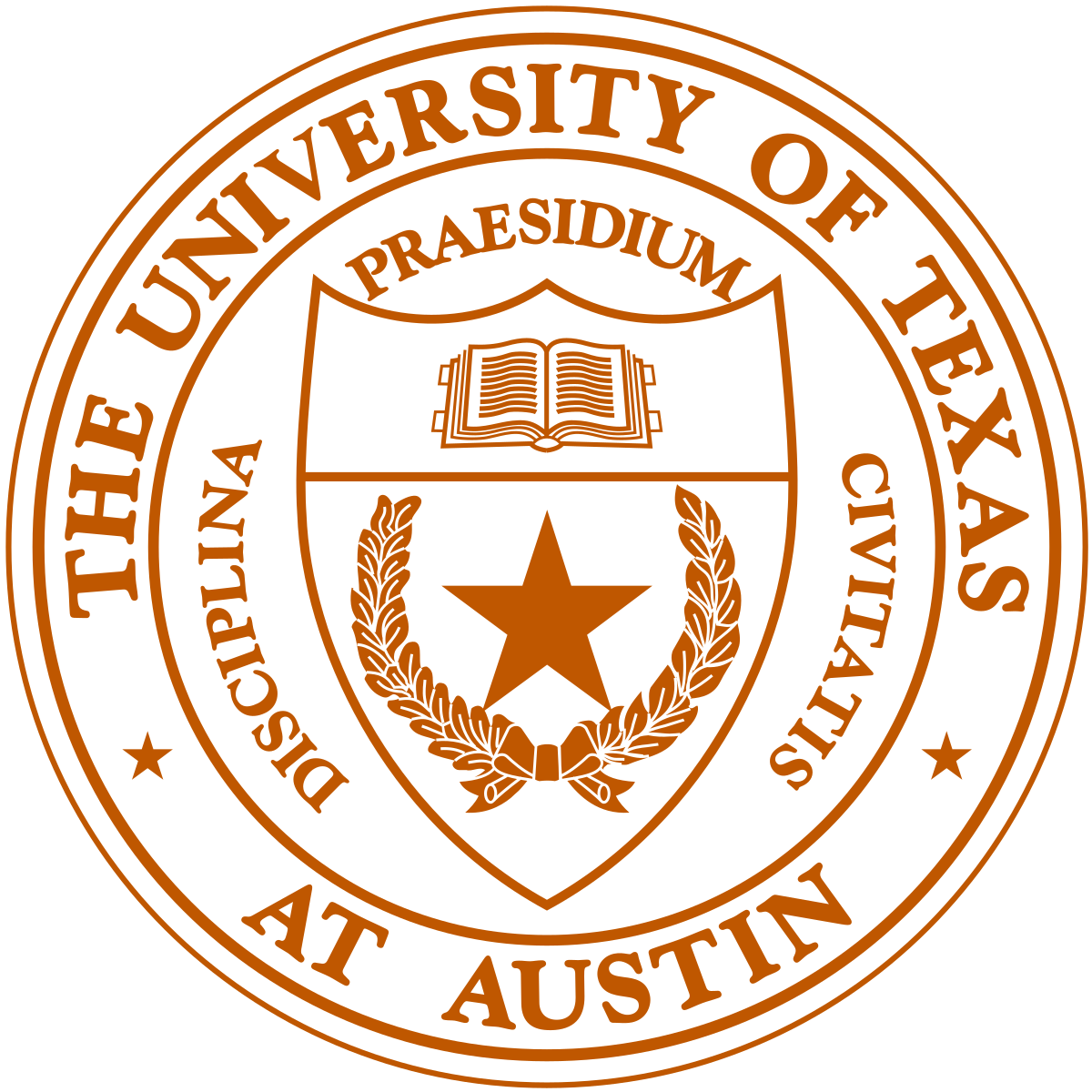
|
Aug '21 - Present Working under the supervision of Dr. Joydeep Ghosh at the IDEAL Lab. |
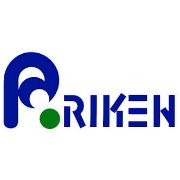
|
Feb '21 - July '21 Working under the supervision of Dr. Franco Nori and Dr. Clemens Gneiting at the Theoretical Quantum Physics Lab. We are studying the noise robustness of analog optimization methods for NP-Hard problems. |
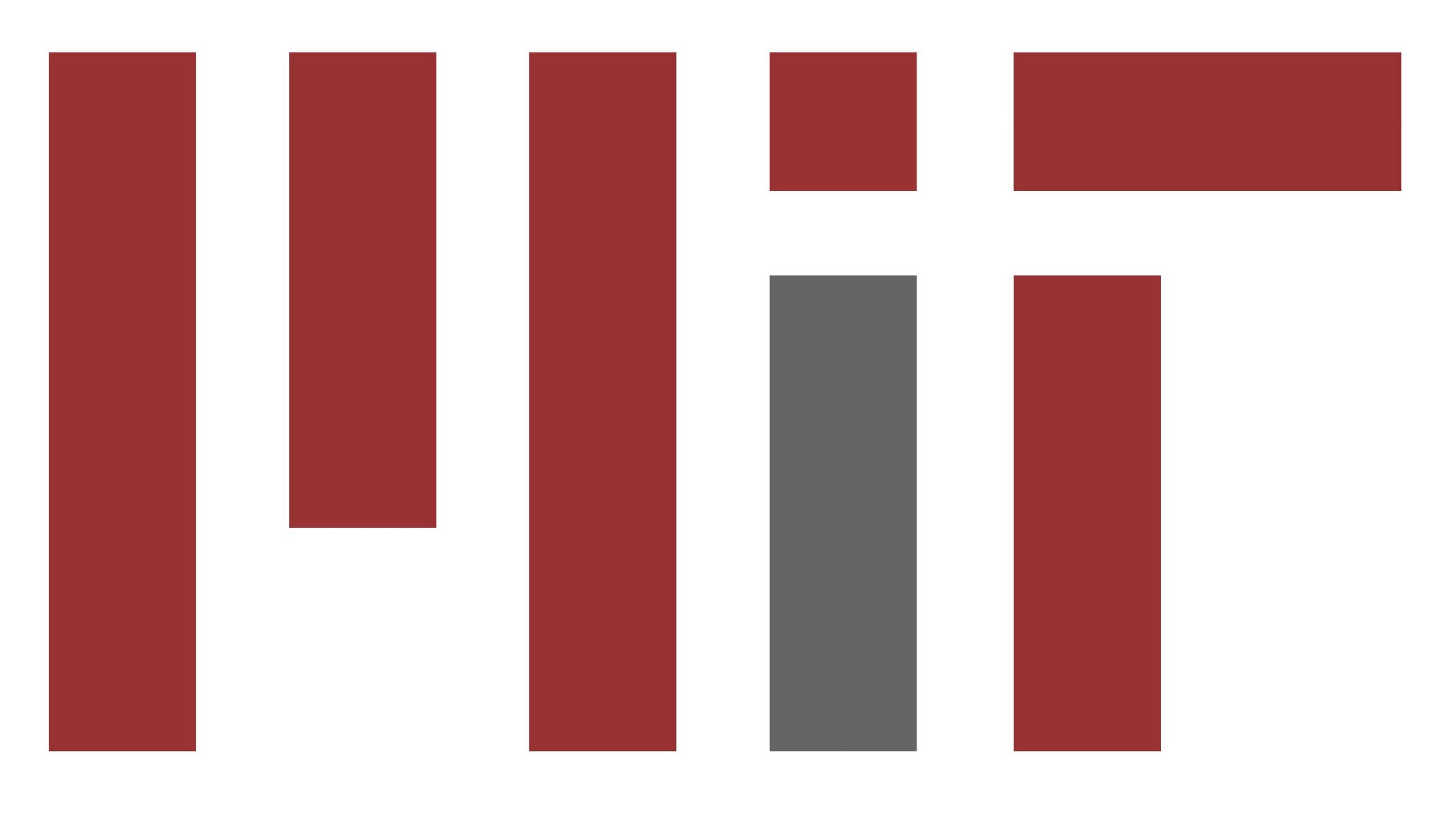
|
June '20 - June '21 Working under the supervision of Prof. Pattie Maes at the Fluid Interfaces group at MIT Media Lab. We are researching AI algorithms to aid healthcare and human cognition, with a strong focus on making them fair, aware and reliable decision making systems. |

|
May '20 - June '20 Built a loan reconciliation app as part of the Loans Servicing Team. Wrote APIs in Java and integrated my BPMN Workflows with eTask forms. With the project succesfully moved to production, the legacy application being used was officially decommisioned. |
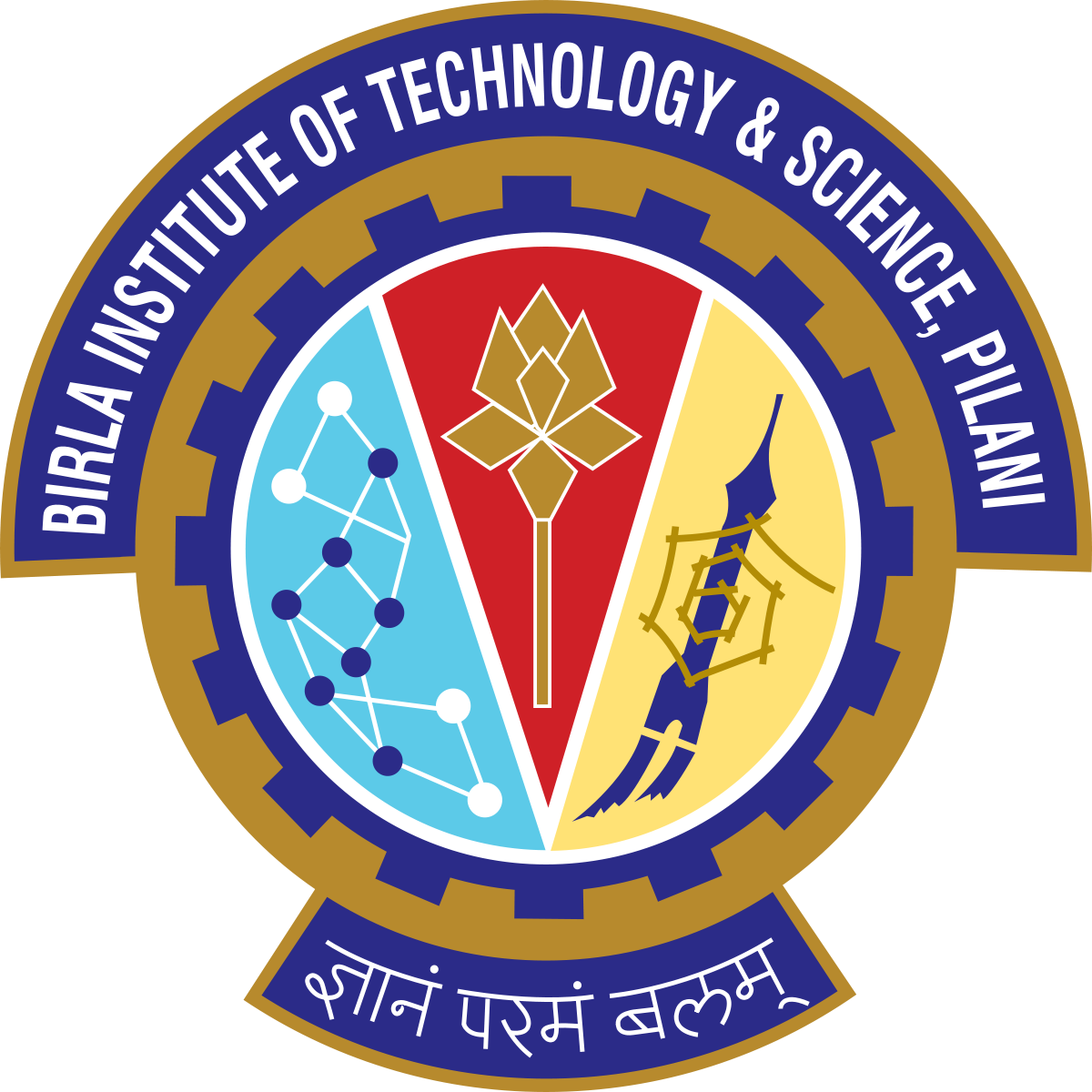
|
January '20 - Present Building robust and interpetable models for medical imaging under the supervision of Prof. Ashwin Srinivasan and Dr. Lovekesh Vig. Working on multiple projects involving identifying COVID-19 from Chest X-rays and lesion classification. |

|
May '19 - July '19' Worked as a MITACS Globalink Intern at the Nearby Galaxies group under the supervision of Prof. Pauline Barmby. Built ImageCube, an open source image processing tool in Python to processes multi-wavelength astronomical datasets. |

|
May '18 - July '18' Worked in the intersection of business intelligence and data science supervised by Manik Singhal. Initiated a customer segmentation project and submitted a report to the marketing team for user customisation and retention. |
| Under construction. Please check my Google Scholar or CV! |
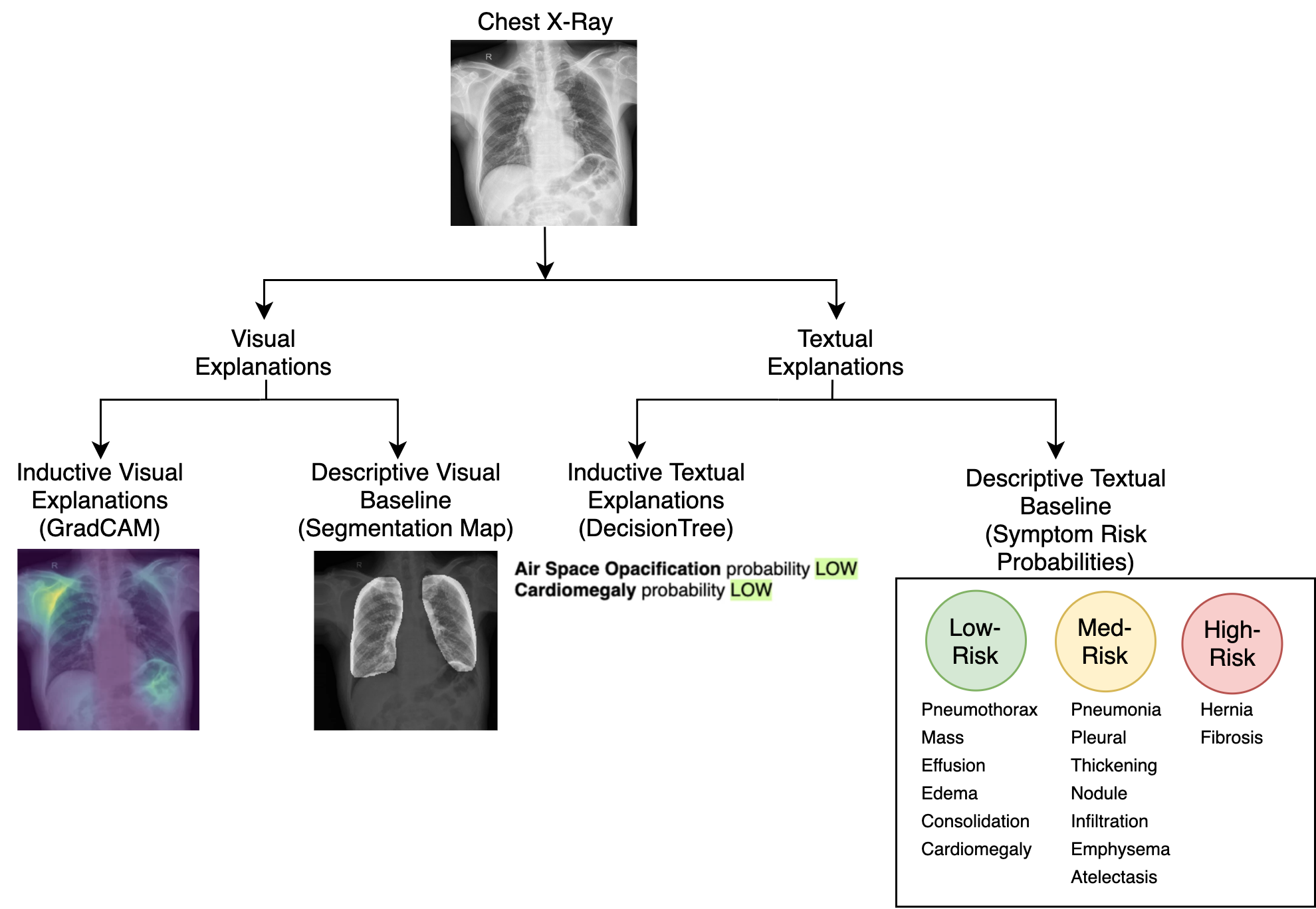
|
Under submission. [preprint] In this paper, our focus is on constructing models to assist a clinician in the diagnosis of COVID-19 patients in situations where it is easier and cheaper to obtain X-ray data. We propose a new COVIDr dataset with important radiological annotations from a practicing radiologist. We build a deep neuro-symbolic model to diagnose COVID-19 and provide visual and textual explanations, with no significant loss in predictive accuracy compared to an end-to-end model. We find that the radiologist prefers simple representations, both visual and textual to aid in diagnosis. |
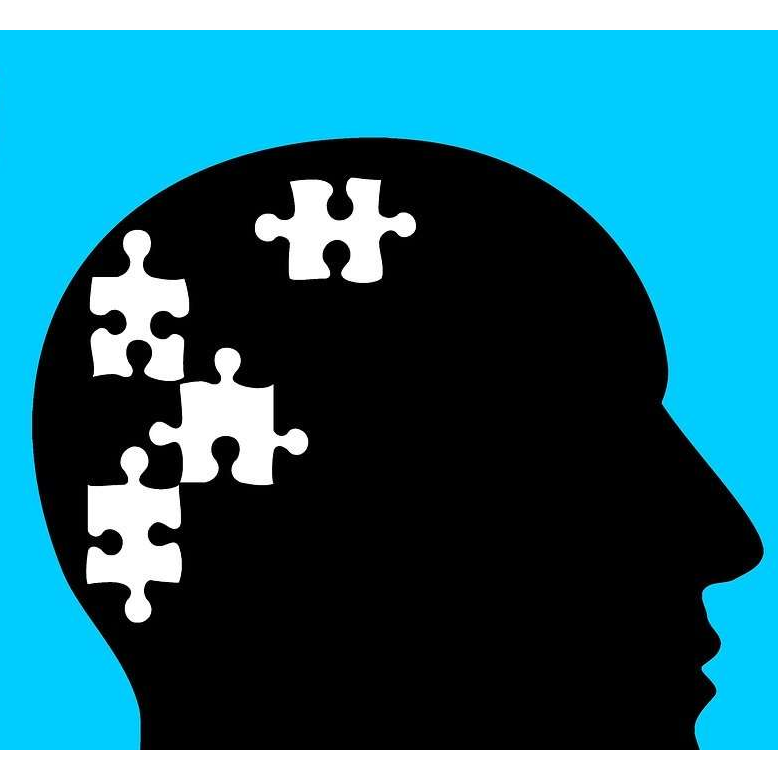
|
Accepted at IJCNN 2021. [preprint] [code] [video] [slides]
We propose an uncertainty-aware boosting technique for multi-modal ensembling in order to focus on the data points with higher associated uncertainty estimates, rather than the ones with higher loss values. We evaluate this method on healthcare tasks related to Dementia and Parkinson's disease which involve real-world multi-modal speech and text data, wherein our method shows an improved performance. Additional analysis suggests that introducing uncertainty-awareness into the boosted ensembles decreases the overall entropy of the system, making it more robust to heteroscedasticity in the data, as well as better calibrating each of the modalities along with high quality prediction intervals. |
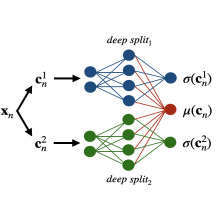
|
Under submission. [preprint] [code] We propose a conceptually simple non-Bayesian approach, deep split ensemble, to disentangle the predictive uncertainties using a multivariate Gaussian mixture model. The NNs are trained with clusters of input features, for uncertainty estimates per cluster. Extensive analyses using dataset shits and empirical rule highlight our inherently well-calibrated models. Our work further demonstrates its applicability in a multi-modal setting using a benchmark Alzheimer’s dataset and also shows how deep split ensembles can highlight hidden modality-specific biases |
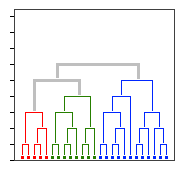
|
Accepted in the Student Abstract Program, AAAI 2021 [code] In this work, we propose a simple yet effective approach that clusters similar input features together using hierarchical clustering and then trains proportionately split neural networks with a joint loss. We evaluate this approach on a series of benchmark datasets and show promising improvements even with simple imputation techniques. |
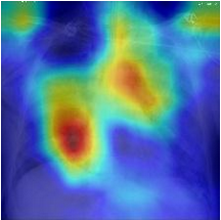
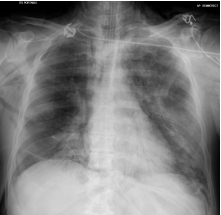
|
Accepted for oral presentation at the TIA Workshop, MICCAI 2020. Built a pipeline comprising of models for lung isolation, followed by classification into different disease classes. We further augment our network with symptom embeddings produced by the CheXpert network and achieve excellent results. Our visualisation maps provide trustworthy and interpretable decisions to radiologists for clinical deployment. |
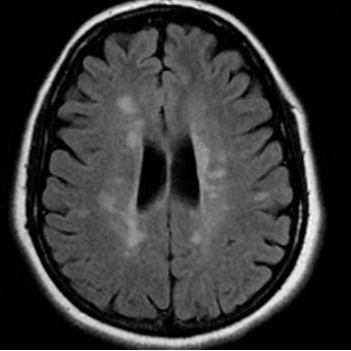
|
Accepted as a full paper at the MIL3ID Workshop, MICCAI 2020. [preprint] [slides] Studied the transfer of lesion knowledge across organs for lesion classifcation tasks. Our designed experiments on the lung and brain tumour datasets show that transfer learning using lesion-augmented models perform substantially better than models trained using random weights or lesion-agnostic(like ImageNet) transfer. |
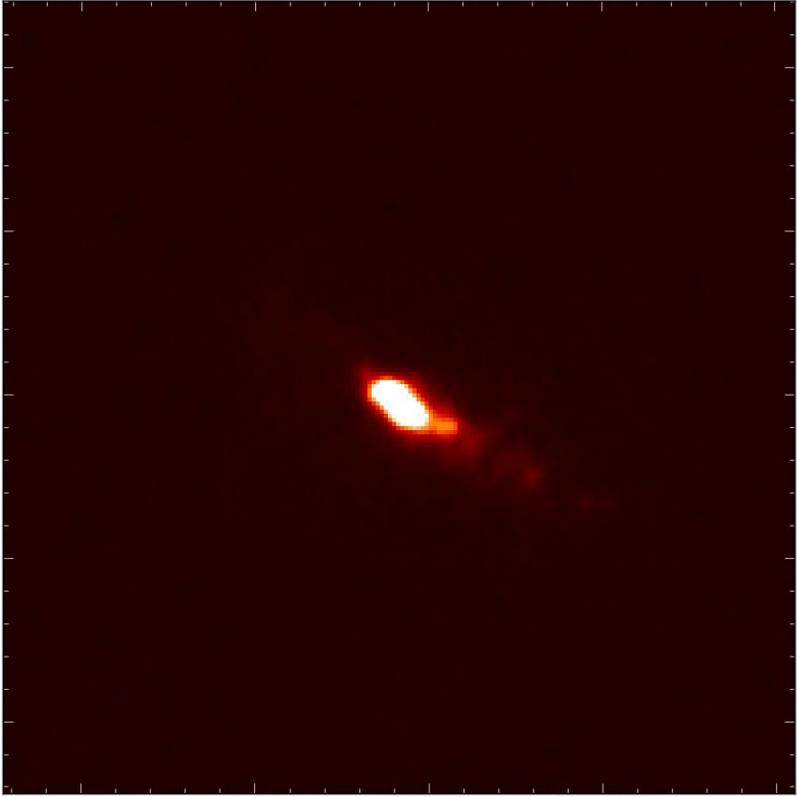
|
Invited for an hour long talk at PyAstro 2020, Trinity College Dublin. [code] Built an open source image processing tool in Python to process multi-wavelength astronomy images. On registereing the images from different telescope to a common world coordinate system, they are convolved and re-sampled to a common pixel scale. These images are now put together to form an image cube, to help for easy analysis. |
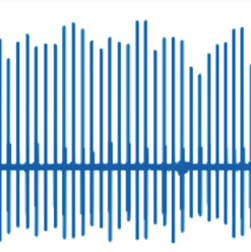
|
Accepted as a full paper at ICISP 2020. [code] We developed a data analysis pipeline combining dataset extraction, segmentation, signal cleaning and filtration to detect the presence of sleep apnea using SVMs. On testing our approach on the MIT-Physionet dataset, we find that the low computational complexity makes it well suited for deployment on embedded devices such as the Raspberry Pi. |
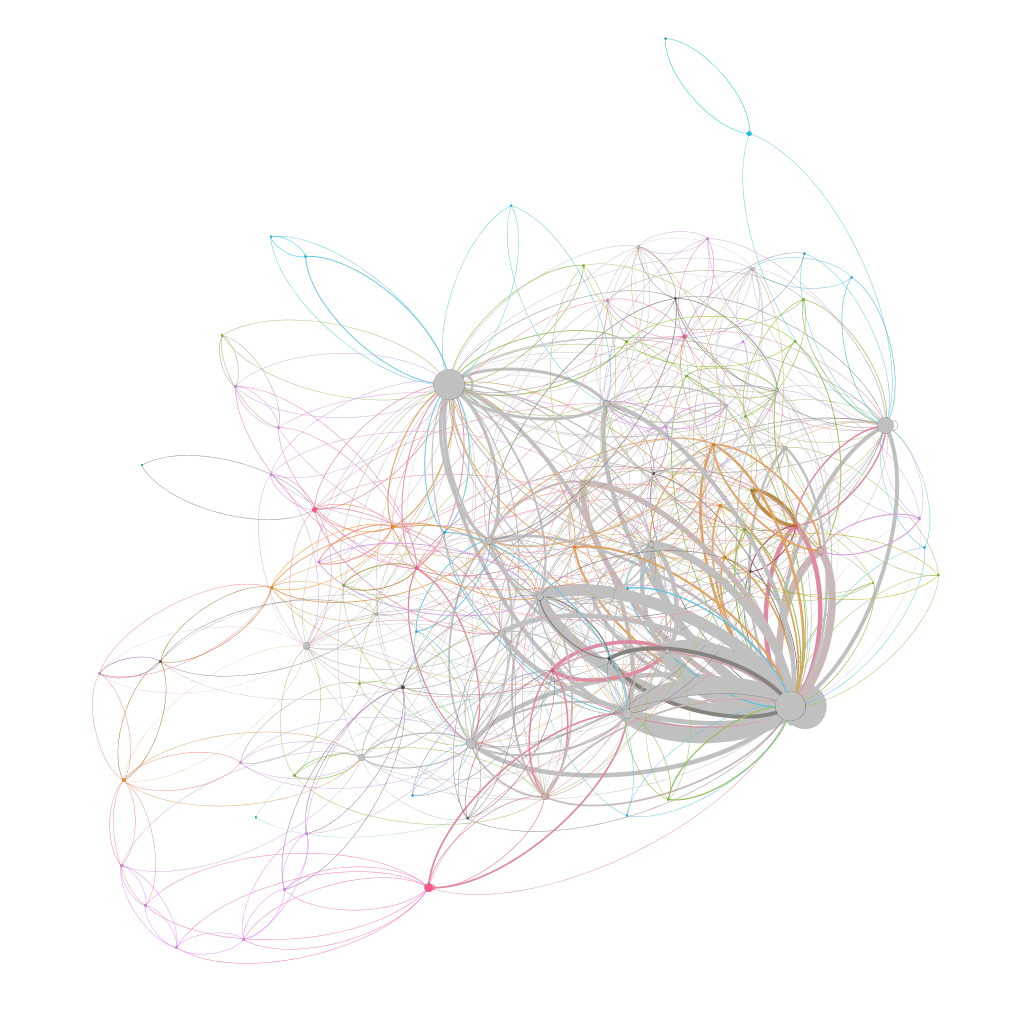
|
Accepted at the Young Researcher's Symposium, CODS-COMAD 2021 Built a simple and scalable platform agnostic tool to aid online discussion forums using Social Network Analysis. We extract keywords from a chat, and list out the top users for this keyword and their activity histograms using a sliding window exponential ranking system. We have tested our methodology on Ubuntu IRC Logs and on our university chat for courses. |
This template is a modification to Jon Barron's website. Find the source code to my website here.